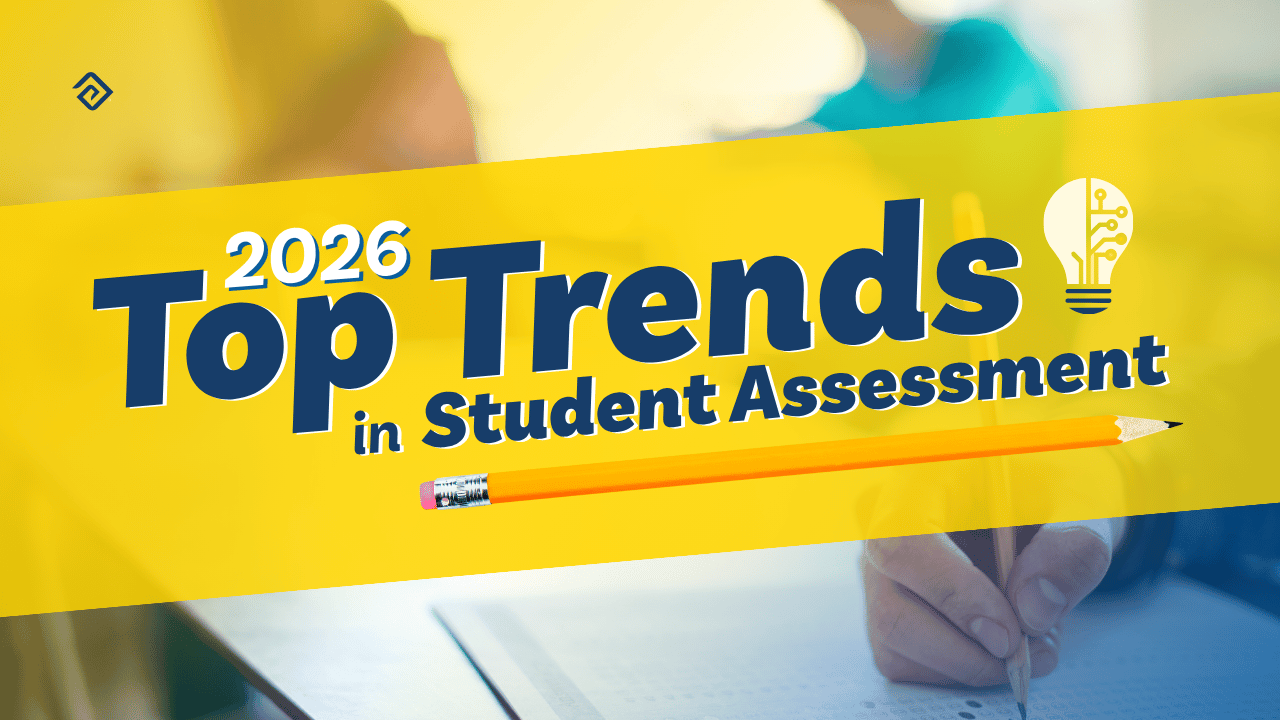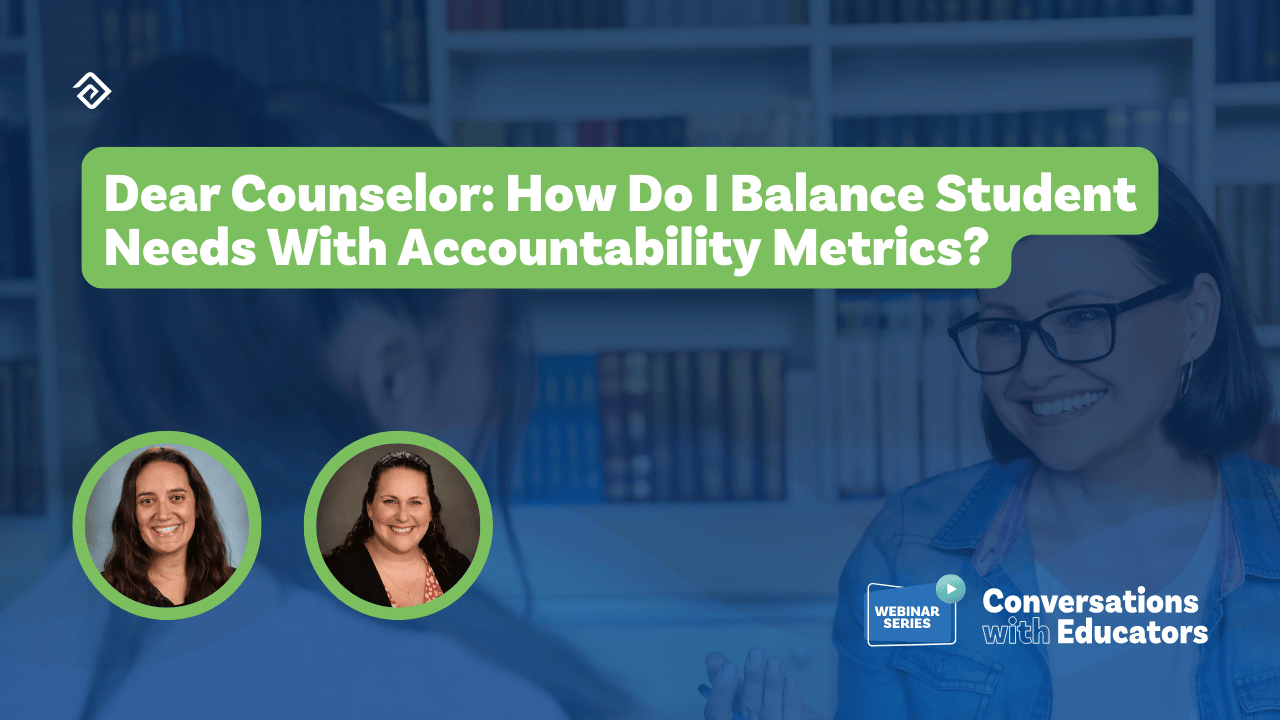Sparking Early Career Curiosity: A Call to Action for School Counselors & Administrators
“It is long overdue that our education systems shift from preparing students for life with only a “classical” education. Starting early is so key, especially for those students who won’t get much exposure to different career options at home.”
That was my response to a recent article on middle school career exploration. My 17 years in education—as a teacher and administrator—have given me a front-row seat to the common disconnect between what we teach and the real world.
Don't get me wrong, a classical education is valuable. But the world is changing faster than a TikTok trend, and "well-rounded" is starting to sound like an impossible target. We're trying to prepare students for jobs that don't even exist yet—it might be cliche, but it’s true.

The Problem: Career Exploration is Too Little, Too Late
Although many schools host career days for elementary students with a few brave parents and the usual suspects (doctors, lawyers, and the occasional firefighter), they’re just scratching the surface. These are great first steps, but they're simply not enough. These activities often reinforce the familiar and leave a vast universe of career possibilities unexplored.
Students can't aspire to be what they can't see. Proximity is powerful—if they only see a handful of options, they'll gravitate towards those, even if they're not the right fit. It's like offering a kid a menu with only three items—they might pick something they don't even like, just because it's there.
We Need to Get Weird: Expanding Career Horizons
We need to broaden students' horizons and get them excited about the weird stuff. There are so many unconventional, unexpected, and downright bizarre careers to choose from today. We should showcase diverse role models in a variety of fields, smashing stereotypes and expanding student understanding of what's possible. Show students that there's a whole world out there beyond the traditional career paths. It’s ok to get weird!
And let's not wait until high school. Let's start planting the seeds of career curiosity as early as elementary school and definitely by the middle school years. Get students thinking about their interests and passions early on.
Here are some questions you can ask students to get their wheels turning and start the career conversation:
- What do you love to do in your free time?
- If you could invent anything, what would it be and why?
- What kind of problems do you like to solve?
- What are you curious to learn more about?
- What makes you feel proud of yourself?
- If you had a million dollars, what would you do with it?
- What do you think will be the best and worst parts of being a grown-up?
- If you could have any superpower, what would it be and how would you use it to help others?

Practical Steps for Deeper Engagement
So, what else can we do? I think it's time to move beyond surface-level career days and into a world of proactive, engaging career exploration. Here are some practical steps you can take to foster deeper engagement and spark genuine career curiosity in young minds:
Self-Discovery Activities: Use the questions above to encourage students to reflect on their strengths, interests, and values. What excites them? What are they good at? What kind of impact do they want to make on the world?
Real-World Connections: Connect classroom learning to real-world applications. Show them how math, science, and language arts are used in various careers.
Mentorship Programs: Pair students with professionals in fields that interest them. Let them see firsthand what it's like to work in those fields.
Career Exploration Tools: Utilize technology to expose students to a wide range of career options. There are many online resources and platforms that can help with this.
In Closing
If I could go back in time, to when I was a Director of Career & Tech Education, I'd tell myself to build systems for early career exploration. I’d start with the elementary schools, get them thinking about their futures, and help them make informed decisions about their pathways. It's never too early to spark curiosity and set them on a path to success.
I’d also leverage technology, which can play a crucial role in expanding career horizons and providing practical skills. Tools like Pathways and Xello can help students explore different career fields, develop essential skills, and build a portfolio of work that showcases their talents and interests. It's about empowering them to make informed decisions about their futures and giving them the tools to succeed in a rapidly changing world.
When we invest in early career exploration, we're not just preparing students for future jobs; we're nurturing their passions, broadening their world, building their confidence, and empowering them to take ownership of their learning. It's about creating a ripple effect that extends far beyond the classroom, shaping the future workforce and contributing to a more fulfilled and engaged society. Let's start the conversation early, keep it going, and open the door to a world of possibilities for our students.

More Great Content
We know you'll love





